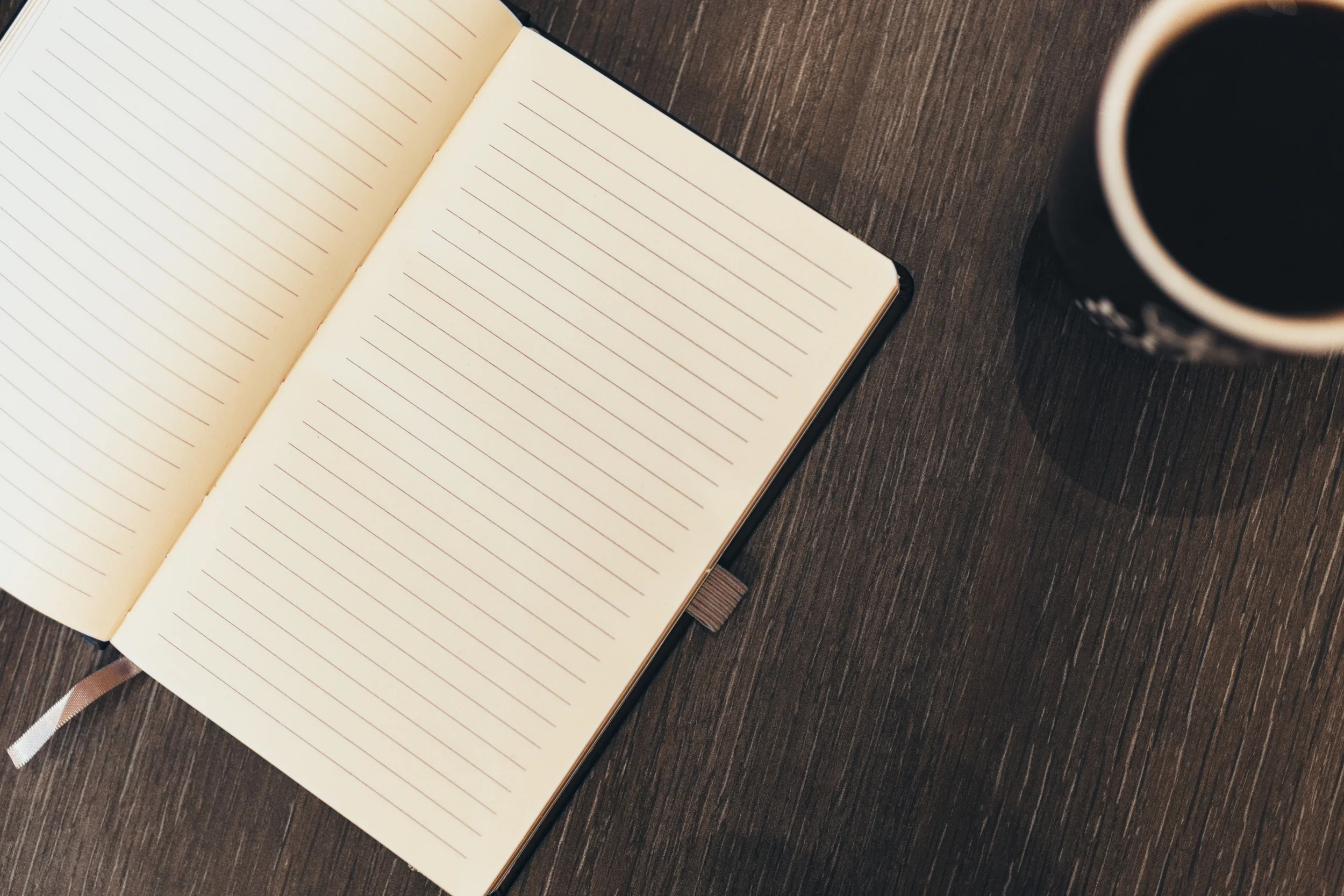Hydration for peak performance
Jennifer Tave
Drinking plenty of fluids is essential to overall health and athletic performance. By weight, the body is over 50% water, and we need it for everything from good digestion to healthy skin. This means that dehydration and over hydration both have serious health consequences.
How much water?
Unfortunately, there is almost as much misguided ‘common knowledge’ about water as there is about food. Eight ounces of water, eight times per day is the water drinking mantra that has been pushed by health professionals and the media for decades. Yet in fact, there is no scientific evidence to support the “eight by eight” hydration recommendation. The eight by eight guideline is a gross oversimplification. Your water needs will vary greatly based on age, body size, health status and physical activity levels. Environmental factors like high temperatures and humidity also influence water needs.
A more accurate guideline for water consumption is to drink half your bodyweight in ounces of water per day, adding 8 oz for every caffeinated or alcoholic beverage, and 16 oz per hour of exercise.
Are you dehydrated?
How do you know if you’re properly hydrated? Take a look at your urine. Generally speaking, the clearer the urine, the better hydrated you are. If it’s a clear-pale lemonade color, you’re hydrated. If it’s a darker lemonade to apple juice color, you’re dehydrated. Dry skin and cracked lips are other indicators you need to drink water.
What should you be drinking?
Pure water generally is the best source hydration. However, if losing a lot of water through sweat, you may consider replacing electrolytes like sodium, potassium and magnesium.
Many people assume that sports drinks are an equal and superior form of hydration - and a substitute for water. Before you reach for that brightly colored sports drink the next time you are thirsty, you may want to think again. Grape flavored Gatorade contains: water, sucrose syrup, glucose-fructose syrup, citric acid, natural grape flavor with other natural flavors, salt, sodium citrate, monopotassium phosphate, red 40, Blue1. Are those chemicals and sugars really going to help you re-hydrate? They are most likely doing more harm than good.
If needing to replace electrolytes, there are some healthier natural options like coconut water which contains more potassium than sports drinks and contains naturally occurring sodium. Alternatively you can make your own ‘sports drink’ according to the following recipe.
Natural Sports Drink:
1 quart liquid (herbal tea, coconut water, plain water)
1/8-1/4 tsp himalayan or celtic sea salt
1/4 tsp calcium-magnesium powder*
1/4 cup juice (tart cherry juice is great for reducing muscle soreness, or use lemon for a refreshing drink)
1/4 tbsp sweetener* (honey, maple syrup, stevia)
* such as Natural Calm (optional)
Add all ingredients to a sealable jar or bottle. Mix or shake well. Cool and store in the fridge until ready to use.
